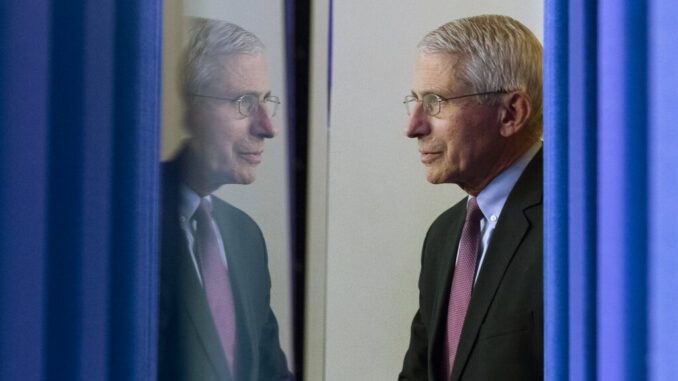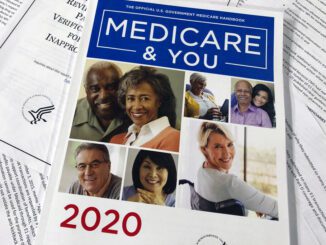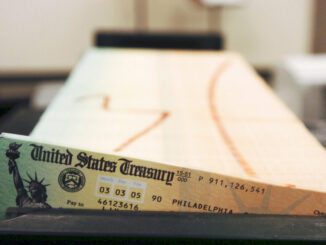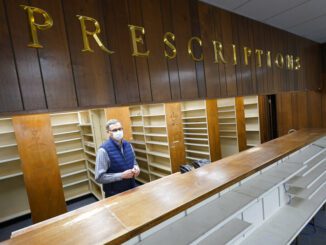
(Article first appeared in the July 25, 2023 edition of Discourse magazine published by the Mercatus Center at George Mason University)
4th Law: Expertise and honesty do not confer objectivity.
Political exchanges are often rife with charges of dishonesty. But what often appears to us as someone else’s dishonesty is frequently just a difference in perspective. The other person has reached a different conclusion from you not because they are less honest or less informed, but because they are focusing on a different part of the picture and making a different value judgment.
Honesty is easy; it’s objectivity that’s hard. Most people are honest or try to be. But we are all biased in ways that are hard for us to recognize in ourselves. Furthermore, bias is not eroded by expertise. It’s quite the opposite: The more expert in something we become, the less receptive we can become to information that contradicts our beliefs, or to prioritization that conflicts with our own.
Perhaps nowhere was this dynamic on more vivid display than in the early months of the COVID pandemic. Fierce debates raged over forced closures of businesses and schools. These difficult decisions involved tradeoffs between highly uncertain considerations, such as the risk of contagion if schools were open and the developmental damage to children if schools were closed. Your view of what was most important was likely to be very different if you were an epidemiologist, an economist, a teachers union representative, a restaurant owner, the mayor of a large city, or a parent of a special-needs child dependent on critical in-person therapies. In this environment, charges of bad faith were rampant — of either being reckless and scientifically ignorant on the one hand or of being repressive and power-hungry on the other. The reality was that most people wanted the very best for everyone but simply had different subjective takes on what that meant.
Anyone who has ever co-authored a report with someone of a substantially different policy viewpoint understands the challenge of agreeing on fair, neutral language even when there is complete agreement over the underlying facts. One person wants to write, “While A is certainly true, we must remember B,” while the other person wants to write, “While B is certainly true, we must remember A.” The two statements are equally correct but convey opposite impressions.
This is one reason why ideological diversity is so important — in government, in newsrooms, in academia and in any seat of power. When we only associate with others who share our own priorities and value judgments, we lose sight of how biased our own views actually are. The only way to avoid such bias is to welcome and incorporate emphases and value judgments counter to our own. This goes double for “experts.” The bottom line is that an expert can offer us information but not objectivity. Indeed, no one person can do so.
Charles Blahous is the J. Fish and Lillian F. Smith Chair and Senior Research Strategist at the Mercatus Center at George Mason University



